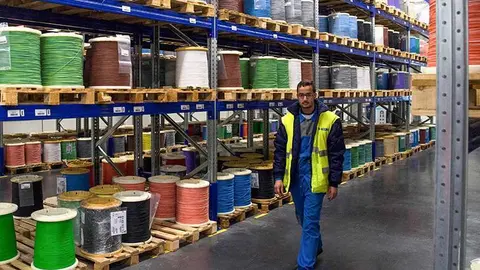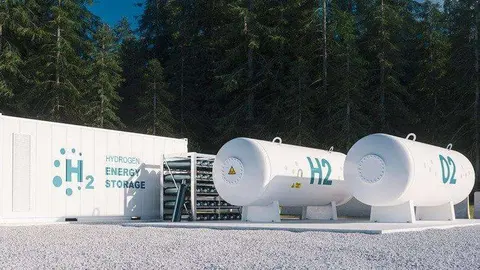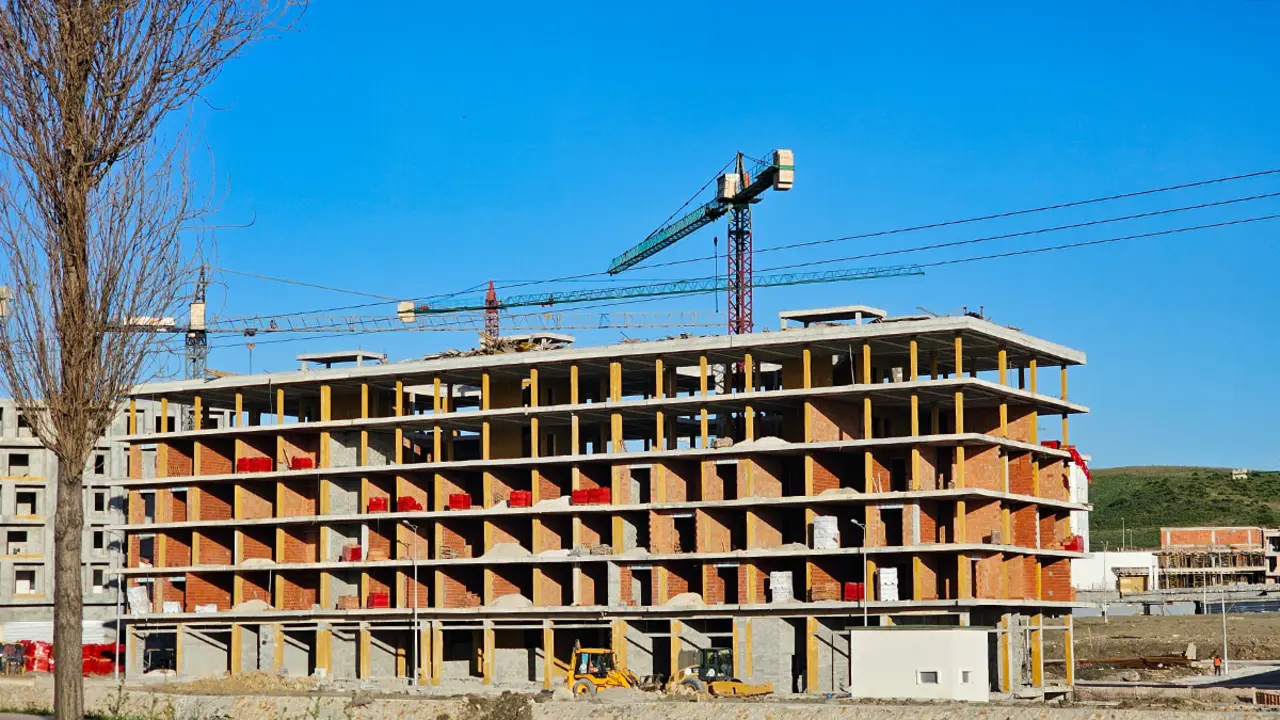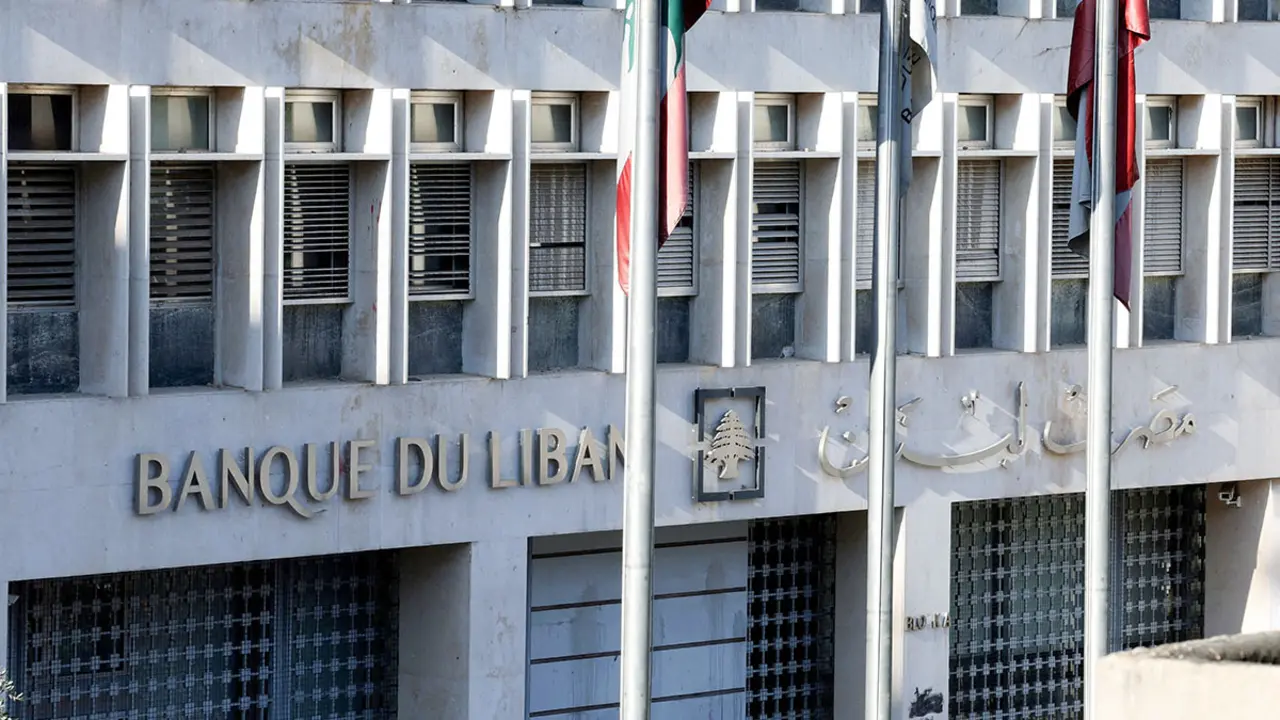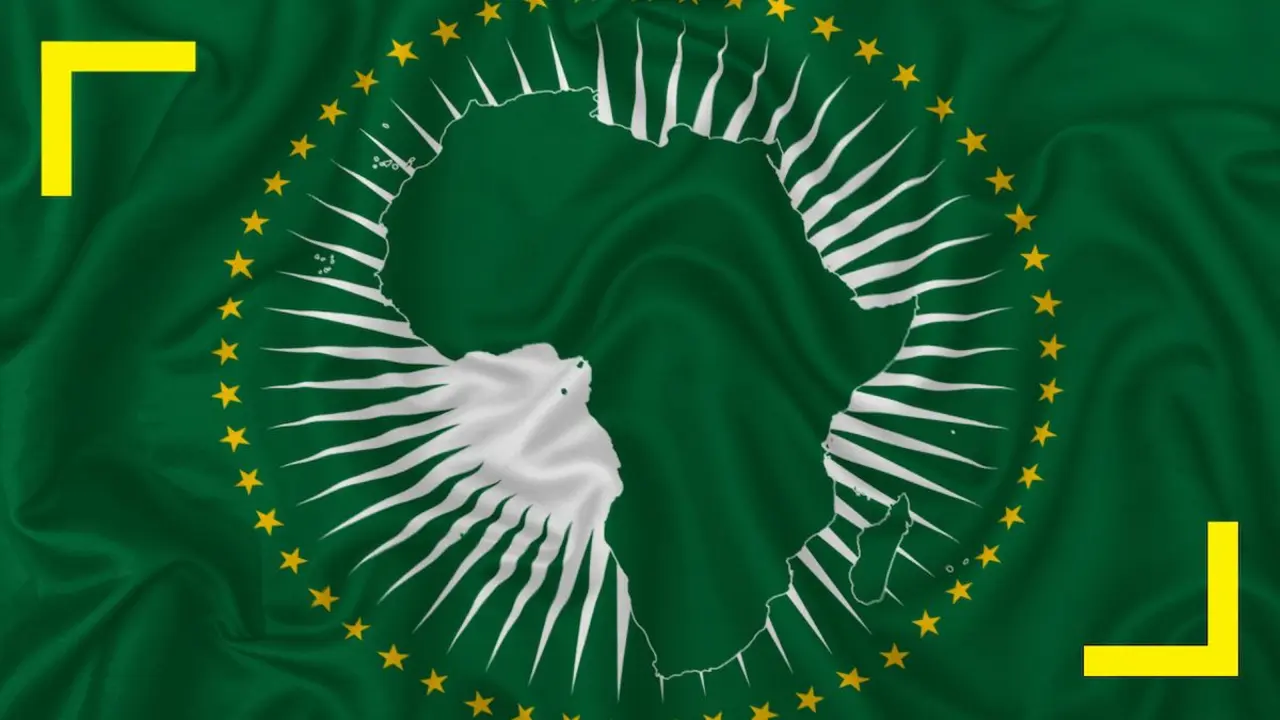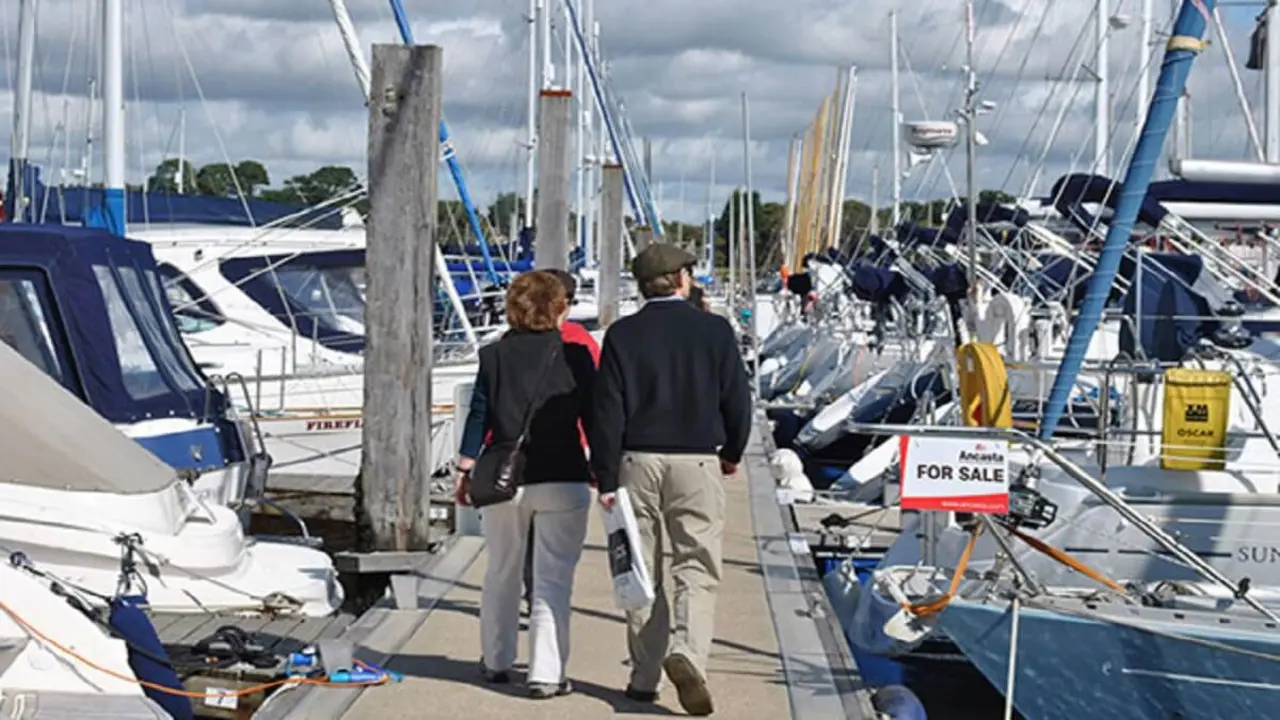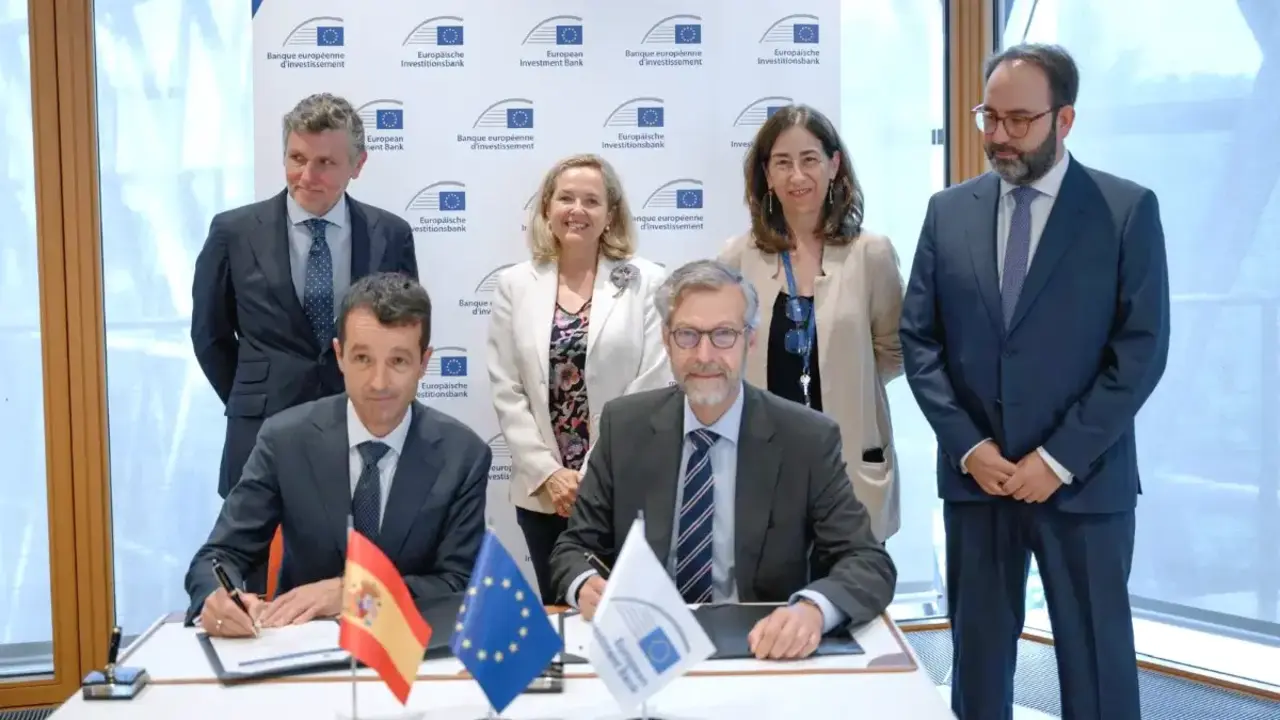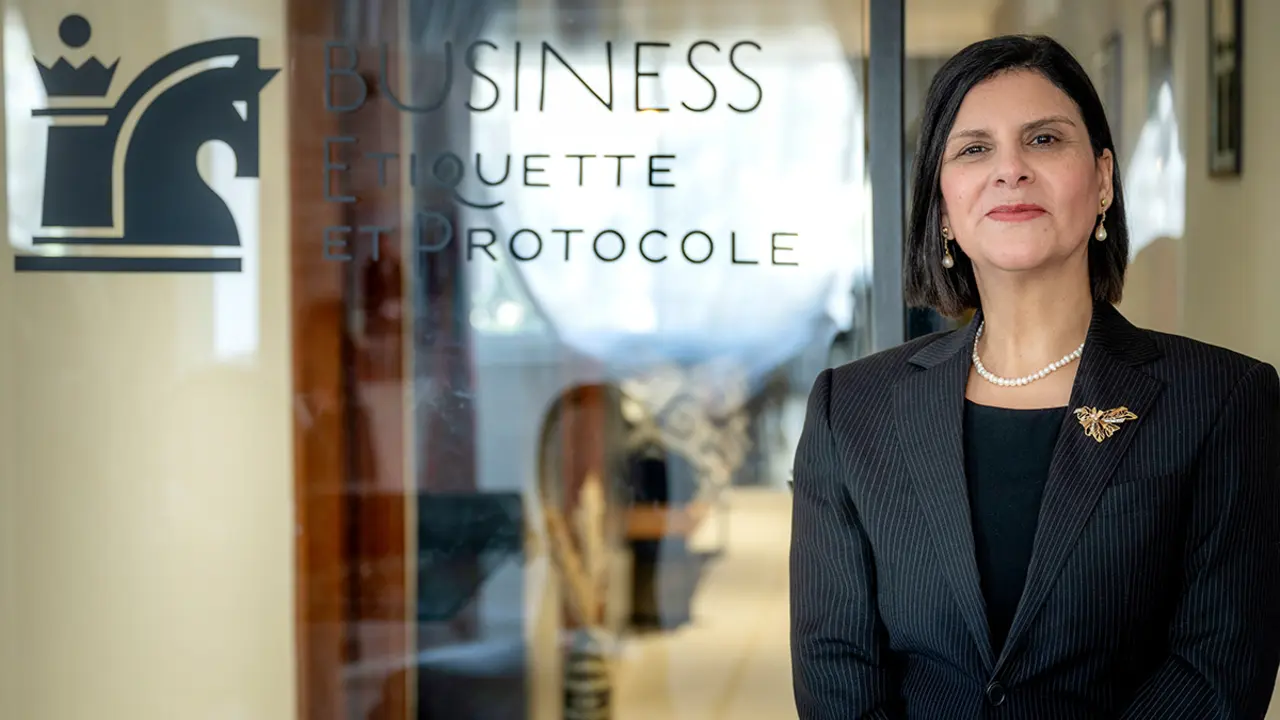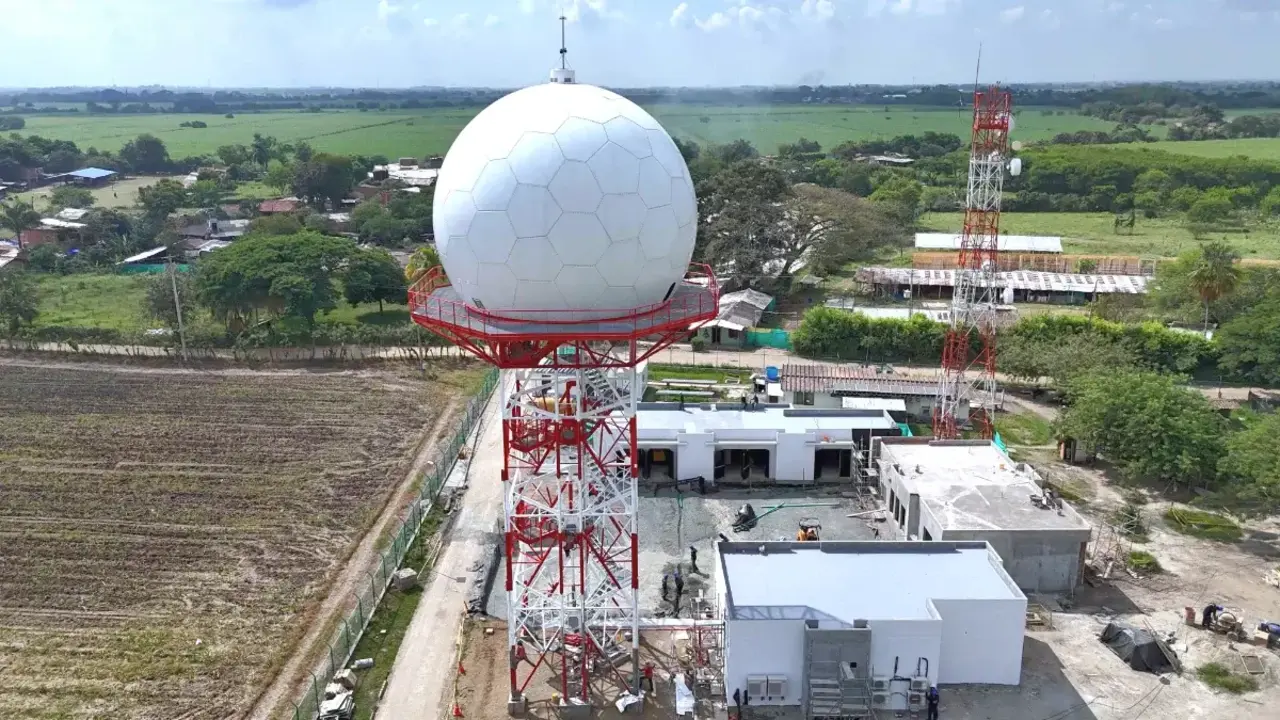Morocco and Germany create a partnership to install fibre optic networks
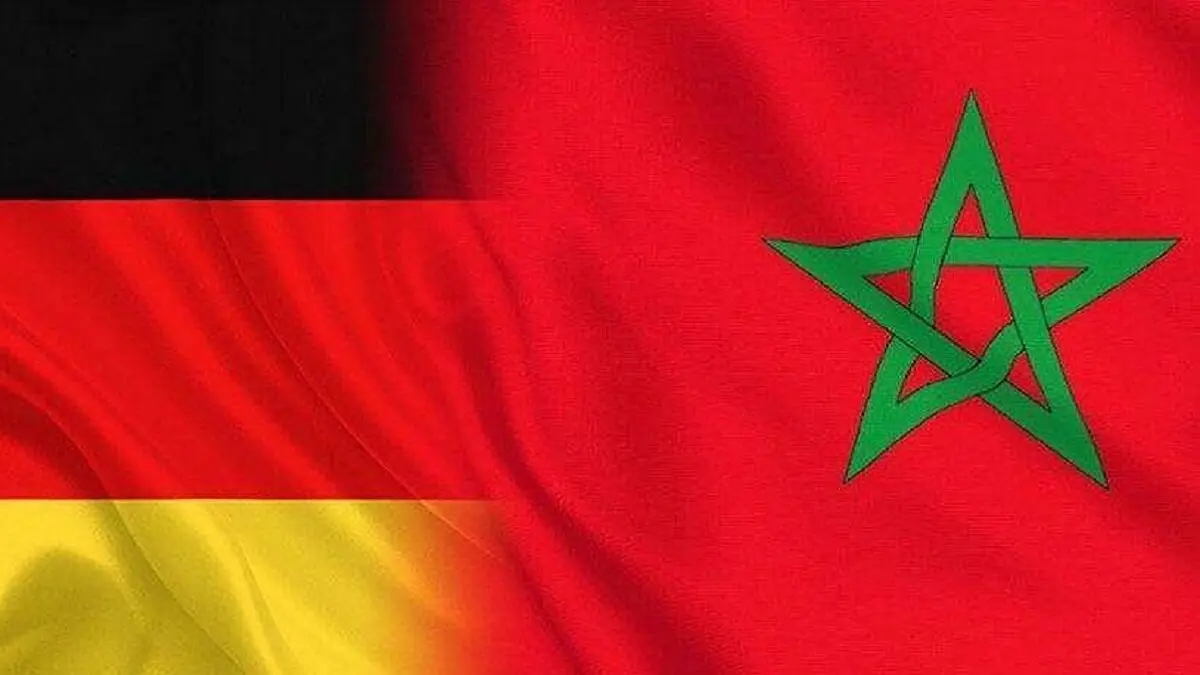
Morocco and Germany have joined forces in a pioneering partnership to launch an innovative project focused on the installation of fibre optic networks. The collaboration is expected to create numerous job opportunities, benefiting some 9,500 people specialised in civil engineering.
The agreement between the two countries came during a meeting in Geneva on Thursday, coinciding with the World Summit on Social Justice organised by the International Labour Organisation. The conference was attended by Younes Sekkouri, Morocco's Minister of Economic Inclusion, Small Business, Employment and Skills, and Hubertus Heil, Germany's Minister of Labour and Social Affairs. Their discussions focused mainly on promoting greater cooperation in the field of international labour mobility.

After the meeting, the Moroccan minister shared on LinkedIn information about the discussions on German policy to attract foreign workers to counter labour shortages in the country's labour market.
Both ministers agreed on the need to establish a new generation of tripartite agreements to facilitate countries and individuals wishing to take advantage of the opportunities offered by international mobility.
Expressing satisfaction with the strong relations between the two nations in many areas, the ministers welcomed the prospects for further collaboration.

As a result, a working group composed of representatives from Morocco and Germany was formed to explore opportunities for cooperation in areas related to employment and economic integration.
In addition, Germany's recent legislative reforms in the areas of immigration, working conditions and foreigners' access to employment have played a key role in solidifying this collaboration. The reform of German immigration laws aims to streamline immigration procedures and create a more welcoming environment for international workers.
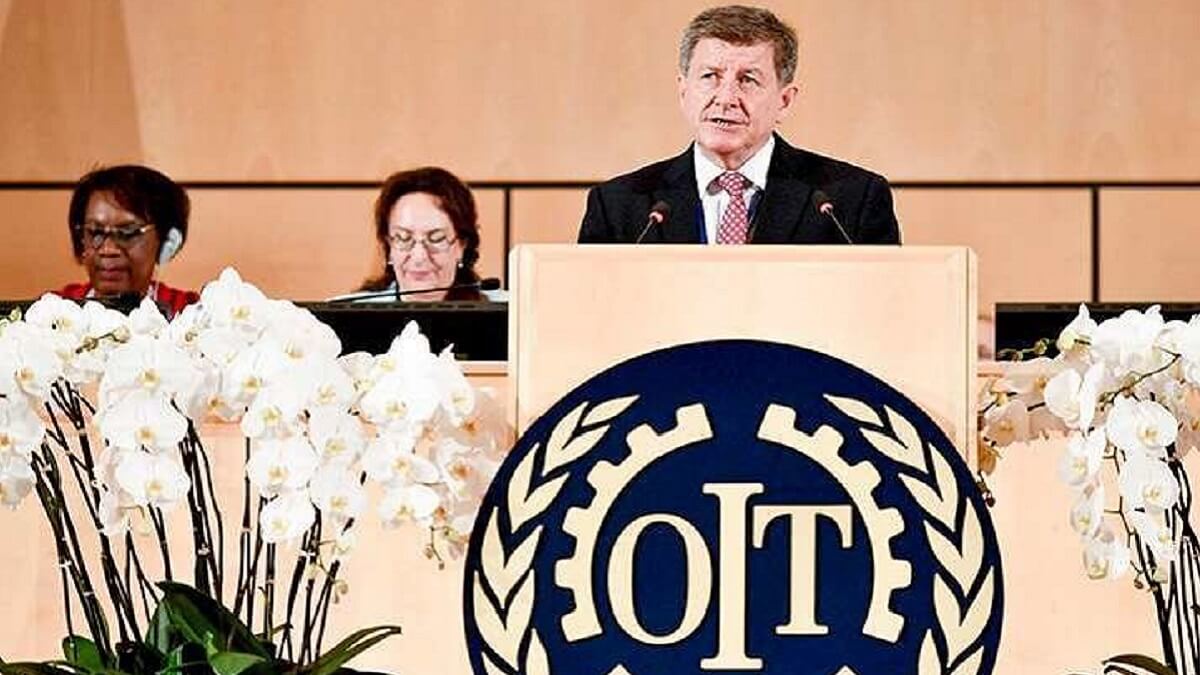
Germany currently faces a significant shortage of skilled labour, with projections indicating that the shortfall could reach seven million by 2035.
Minister Sekkouri led the delegation representing Morocco at the event, which ran from 5-16 June. The delegation also included government officials, employers and trade unions working collectively to promote their country's interests at the World Summit for Social Justice.

